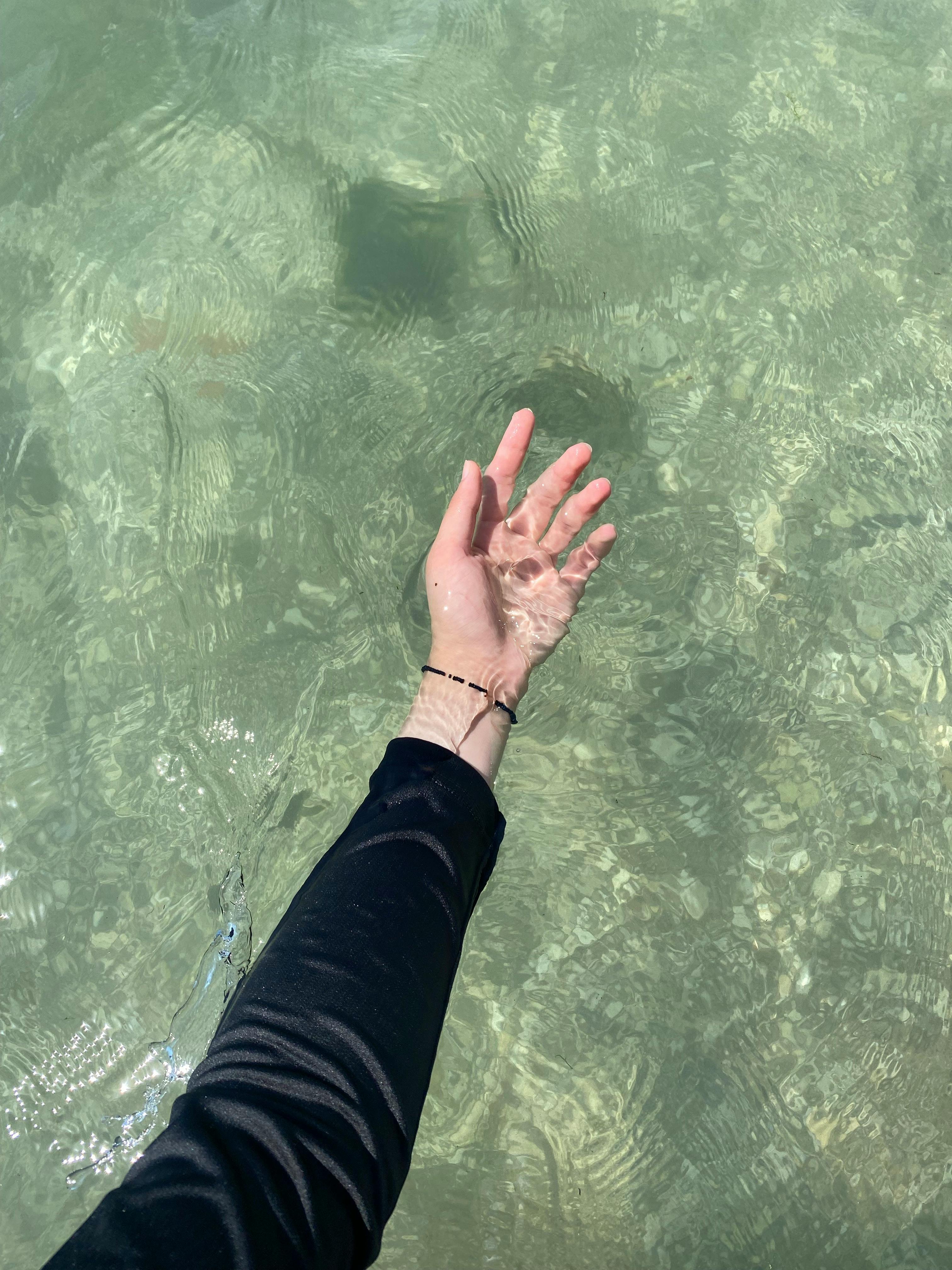When faced with a catastrophic injury, finding the right lawyer to represent your case is crucial for ensuring that your rights are protected and that you receive the compensation you deserve. A catastrophic injury can have long-lasting consequences that can impact your ability to work, enjoy life, and even take care of yourself. In this article, we will explore the importance of finding the right catastrophic injury lawyer and provide helpful tips on how to choose the best legal representation for your specific needs.
Finding the Right Catastrophic Injury Lawyer
When you or a loved one has experienced a catastrophic injury, finding the right lawyer to handle your case is crucial. The legal process can be complex and overwhelming, but with the guidance of a skilled and experienced attorney, you can navigate through the challenges and seek the compensation you deserve. To ensure you choose the best lawyer for your specific needs, it is important to understand your needs and goals, conduct thorough research, evaluate the experience and expertise of lawyers, verify their professional affiliations and accreditations, schedule initial consultations, evaluate case strategies and assessments, consider the law firm’s resources and support, discuss legal fees and cost structures, and review client testimonials and references. By following these steps, you can make an informed decision and have confidence in your choice of catastrophic injury lawyer.

1. Understand Your Needs and Goals
Before you begin the process of finding a catastrophic injury lawyer, it is essential to evaluate your needs and goals. Determine the type of catastrophic injury you or your loved one has suffered, whether it is a traumatic brain injury, spinal cord injury, severe burn, or any other debilitating injury. Understanding the specific details of the injury will help you find a lawyer who specializes in handling cases similar to yours.
Next, assess the severity of the injury. Consider the impact it has had on your life or the life of your loved one. This will help you gauge the potential damages you may seek in your case. Additionally, identifying your personal objectives is crucial. Do you want to hold the responsible party accountable? Are you seeking financial compensation for medical expenses, lost wages, or pain and suffering? Clarifying your goals will assist you in finding a lawyer who can best represent your interests.
2. Research and Compile a List of Potential Lawyers
Once you have a clear understanding of your needs and goals, it is time to research and compile a list of potential catastrophic injury lawyers. Start by seeking recommendations from trusted sources, such as friends, family members, or other professionals who may have had experience with personal injury cases. Their firsthand knowledge and advice can be invaluable in finding a reliable and competent lawyer.
In addition to personal recommendations, utilize online directories and legal associations to identify lawyers who specialize in catastrophic injury cases. These resources typically provide comprehensive information about the lawyers, including their areas of expertise and contact details. This will help narrow down your list and ensure that you are targeting lawyers who are well-suited for your case.
Another important step in your research process involves checking online reviews and ratings. Websites like Avvo, Martindale-Hubbell, and Google Reviews can provide insights into the reputation and track record of lawyers you are considering. Pay attention to both positive and negative reviews to obtain a comprehensive understanding of each lawyer’s strengths and weaknesses.
Additionally, explore local law firms and attorneys who specialize in catastrophic injury cases. Research their websites, review their profiles, and gather as much information as possible about their areas of expertise and experience. This will help you create a well-rounded list of potential lawyers who may be a good fit for your case.
3. Evaluate the Experience and Expertise of Lawyers
Once you have compiled a list of potential lawyers, it is crucial to evaluate their experience and expertise in handling catastrophic injury cases. Begin by reviewing their education and background. Find out where they attended law school and if they have any specialized training or certifications related to personal injury law. This information will give you insights into their level of knowledge and dedication to their profession.
Next, assess their track record of handling catastrophic injury cases. Look for information about the number of cases they have handled, their success rate, and the types of outcomes they have achieved for their clients. A lawyer with a strong track record is more likely to understand the nuances of catastrophic injury cases and be able to advocate effectively on your behalf.
Consider their specializations and additional credentials. While all personal injury lawyers have a general knowledge of the law, those who specialize in catastrophic injuries may have a deeper understanding of the unique challenges and complexities associated with these cases. Look for lawyers who are board-certified in personal injury law or have memberships in organizations specifically dedicated to catastrophic injury cases.
4. Verify Professional Affiliations and Accreditations
When choosing a catastrophic injury lawyer, it is important to verify their professional affiliations and accreditations. Look for membership in relevant legal organizations, such as the American Association for Justice (AAJ) or the Traumatic Brain Injury Litigation Group. These affiliations demonstrate a lawyer’s commitment to staying updated with the latest developments in personal injury law and connecting with other professionals in the field.
Check for board certifications and recognitions. Board certification is a mark of excellence and indicates that the lawyer has undergone rigorous testing and met high standards of expertise in their area of specialization. Recognitions from reputable legal publications or organizations also serve as a testament to a lawyer’s competence and professionalism.
To ensure the validity and standing of a lawyer’s professional affiliations and accreditations, consider reaching out to the organizations directly. Confirm that the lawyer is indeed a member in good standing and that their credentials are up to date.

5. Schedule Initial Consultations
Once you have narrowed down your list of potential catastrophic injury lawyers, it is time to schedule initial consultations. Contact the lawyers’ offices and request consultations to discuss your case in more detail. These consultations serve as an opportunity for you to get a sense of the lawyer’s communication style and interpersonal skills, which are important factors in establishing a successful attorney-client relationship.
Before the consultations, prepare a list of questions and gather any necessary documents related to your case. This may include medical records, accident reports, or insurance correspondence. Having this information readily available will enable the lawyer to provide a more accurate assessment of your situation.
During the consultations, pay attention to how the lawyer communicates with you. Do they listen attentively to your concerns? Do they explain legal concepts in a clear and understandable manner? Assessing their communication style will help you determine if they are capable of effectively communicating on your behalf throughout the legal process.
Additionally, evaluate their interpersonal skills. A catastrophic injury case can be emotionally challenging, and having a lawyer who is empathetic and understanding can make a significant difference in your overall experience. Trust your intuition and consider whether you feel comfortable working with the lawyer on a personal level.
6. Evaluate Case Strategies and Assessments
During the initial consultations, make sure to discuss potential approaches for your case. A competent catastrophic injury lawyer will provide you with an overview of the legal strategies they may employ to pursue your objectives. They should explain the options available, assess the strengths and weaknesses of your case, and outline the potential outcomes you can expect.
Take the time to review and understand their evaluation of the strengths and weaknesses of your case. This will help you manage your expectations and make informed decisions throughout the legal process. A skilled lawyer should be transparent about the challenges you may face and the risks involved in pursuing legal action.
Furthermore, discuss the likelihood of success and potential outcomes. While no lawyer can guarantee a specific outcome, an experienced catastrophic injury lawyer will provide you with an honest assessment of the strengths and weaknesses of your case. This will help you make an informed decision about whether to move forward with legal action.

7. Consider the Law firm’s Resources and Support
When choosing a catastrophic injury lawyer, it is important to consider the resources and support available within their law firm. Evaluate their team and support staff. A lawyer who has a dedicated team to assist with research, case management, and administrative tasks can provide more efficient and thorough representation.
Assess their network of expert witnesses and specialists. Catastrophic injury cases often require the expertise of various professionals, such as medical experts, accident reconstruction specialists, or vocational experts. A lawyer with an established network of reliable and reputable experts can provide valuable insights and strengthen your case.
Consider their financial resources for case expenses. Catastrophic injury cases can involve significant expenses, such as expert witness fees, court fees, and investigation costs. Ensure that the law firm has the financial resources to cover these expenses upfront and will not pass them on to you as the client.
8. Discuss Legal Fees and Cost Structures
Before making a final decision, it is vital to discuss legal fees and cost structures with the catastrophic injury lawyer. Inquire about their fee structures and how they typically bill for their services. Lawyers may charge a contingency fee, which means they only receive payment if they obtain financial compensation on your behalf. Alternatively, they may charge an hourly fee, a flat fee, or a retainer fee.
Clarify billing policies and payment methods. Understand how and when you are expected to make payments. Will you receive monthly invoices or a lump sum bill at the conclusion of the case? Can you pay by credit card or through a payment plan? These details will help you plan and budget accordingly.
Discuss potential case expenses. In addition to legal fees, catastrophic injury cases often incur expenses related to filing fees, expert witness fees, and other costs essential for building a strong case. Make sure to have a clear understanding of the potential expenses you may be responsible for throughout the legal process.
9. Review Client Testimonials and References
To gain further insight into the reputation and client satisfaction of potential catastrophic injury lawyers, review client testimonials and references. Request references from past clients and reach out to them to inquire about their experience working with the lawyer. Ask about the lawyer’s communication, responsiveness, and dedication to achieving favorable outcomes. Their feedback can provide valuable information to help you make a well-informed decision.
In addition to personal references, review online testimonials and reviews. Websites like Yelp or the Better Business Bureau can provide a broader perspective on a lawyer’s reputation and client satisfaction. While it is important to consider both positive and negative reviews, focus on overall trends and consistency in the feedback to form an accurate impression.
Consider their reputation and client satisfaction when making your decision. A lawyer who has a track record of providing exceptional service and achieving favorable results for their clients is more likely to provide you with the support and representation you need.
10. Make an Informed Decision
After conducting thorough research, gathering information, and evaluating potential catastrophic injury lawyers, it is time to make a decision. Compare and contrast your options, taking into consideration the factors that are most important to you, such as experience, expertise, communication style, and reputation. Trust your gut and consider your personal comfort level. Remember that you will be working closely with your chosen lawyer throughout the legal process, so it is essential to choose someone with whom you feel confident and comfortable.
Finally, consider their availability and accessibility. Catastrophic injury cases can be time-sensitive, and you need a lawyer who can devote the necessary time and attention to your case. Ensure that the lawyer you choose is available to answer your questions, provide updates, and address any concerns you may have.
By following these steps and thoroughly evaluating potential catastrophic injury lawyers, you can make an informed decision and find the right legal representation for your case. Remember that your choice of lawyer can have a substantial impact on the outcome of your case, so take the time to research, engage in consultations, and trust your instincts. With the right catastrophic injury lawyer by your side, you can navigate through the legal process with confidence and focus on your recovery and well-being.

